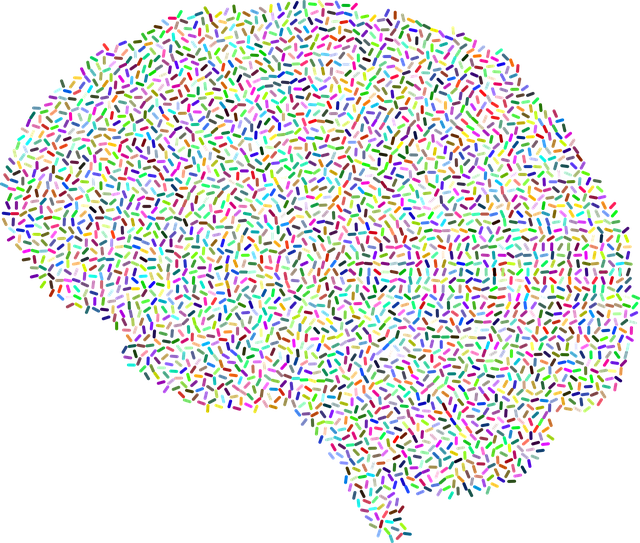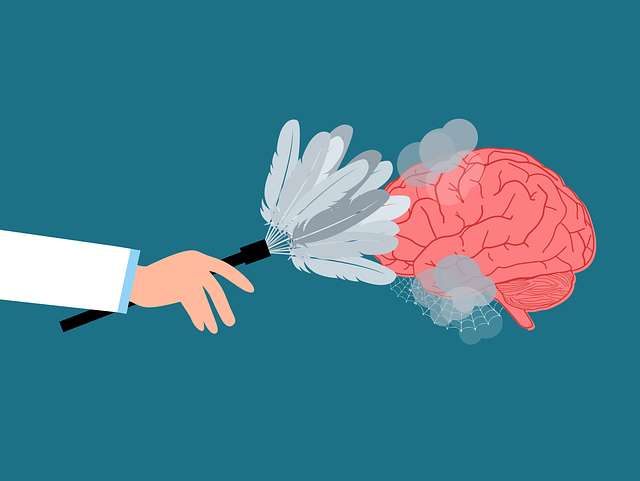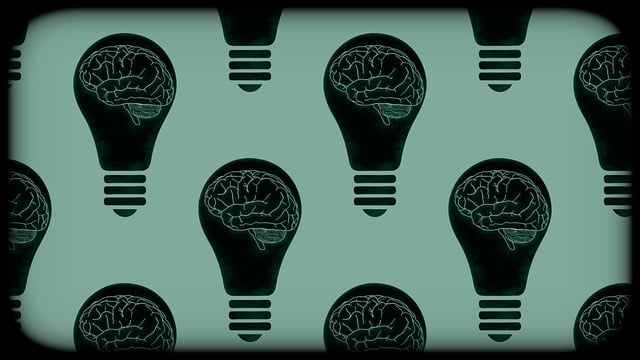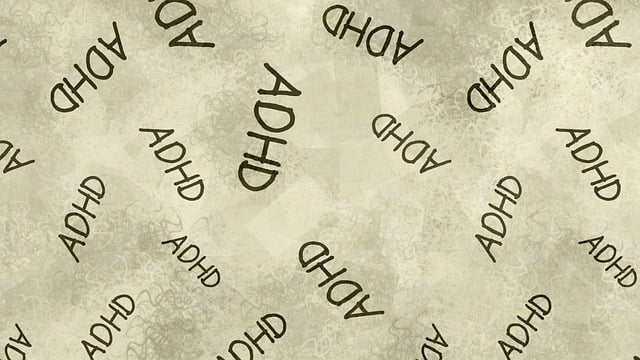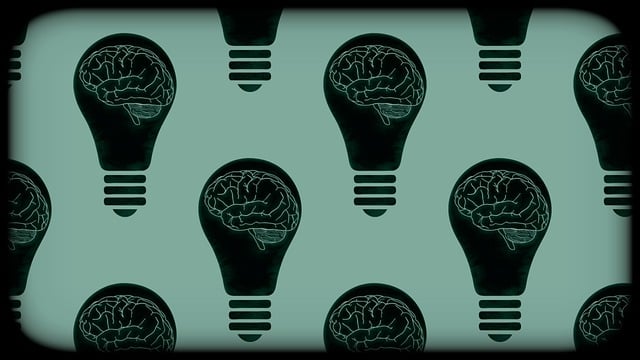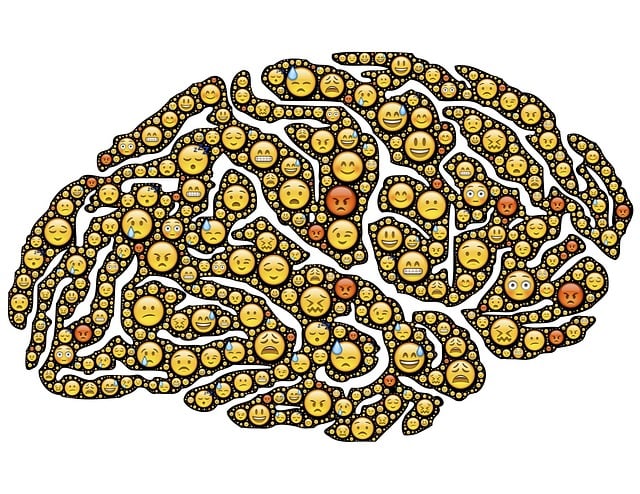Boulder Developmental Disability Therapy emphasizes the vital link between mental health and developmental disabilities, aiming to destigmatize mental health issues through education and support. They create an inclusive environment using adaptable teaching methods, accessible spaces, and technology like sign language interpretation and text-to-speech software. Their comprehensive program includes social skills training, mindfulness practices, and early intervention strategies to empower individuals with developmental disabilities, reduce stigma, and improve mental health outcomes in Boulder. Continuous professional development and peer support networks are key to their success.
In today’s digital era, addressing mental health within the context of developmental disabilities is more crucial than ever. This comprehensive guide explores the design of an effective Boulder Developmental Disability Therapy program focused on mental health education. From understanding the unique impact of mental health on individuals with developmental disabilities to creating inclusive learning environments and developing a robust curriculum, we delve into strategies for success. By implementing these practices, therapists in Boulder Developmental Disability Therapy programs can enhance support for their clients’ holistic well-being.
- Understanding Mental Health and Its Impact on Individuals with Developmental Disabilities
- Creating an Inclusive Learning Environment for Effective Mental Health Education
- Curriculum Development: Topics and Strategies for Comprehensive Coverage
- Implementation and Support: Ensuring Success in Boulder Developmental Disability Therapy Programs
Understanding Mental Health and Its Impact on Individuals with Developmental Disabilities

Understanding mental health is paramount when addressing the unique needs of individuals with developmental disabilities. Mental health refers not only to the absence of illness but also to overall well-being, including emotional, psychological, and social components. For those with developmental disabilities, navigating life’s challenges—from communication barriers to sensory sensitivities—can significantly impact their mental health. These factors can contribute to increased stress, anxiety, and depression, making it crucial for support systems like Boulder Developmental Disability Therapy to prioritize mental health education and intervention strategies tailored to their specific needs.
Public awareness campaigns development and Mental Wellness Podcast Series production focused on developmental disabilities can play a vital role in destigmatizing mental health issues and promoting understanding. By sharing stories, providing accessible information, and offering evidence-based Conflict Resolution Techniques, these initiatives foster an environment where individuals with developmental disabilities feel empowered to seek support for their mental wellness needs. This holistic approach ensures that they receive comprehensive care that addresses both their developmental and psychological well-being.
Creating an Inclusive Learning Environment for Effective Mental Health Education

Creating an inclusive learning environment is paramount for effective mental health education. At Boulder Developmental Disability Therapy, we understand that every individual has unique needs and experiences. Designing a program that caters to these differences fosters a sense of belonging and encourages open discussions about mental well-being. This involves ensuring physical accessibility, offering diverse learning materials, and incorporating various teaching methods to accommodate different learning styles.
An inclusive space promotes active participation by providing support structures like sign language interpretation, text-to-speech software, or simplified language resources. Incorporating practices such as mindfulness meditation and positive thinking exercises can help participants manage anxiety relief and develop coping strategies. By creating a welcoming atmosphere, we enable individuals to explore mental health topics with comfort, confidence, and a sense of community.
Curriculum Development: Topics and Strategies for Comprehensive Coverage

A well-rounded mental health education program should encompass a diverse range of topics to cater to various aspects of an individual’s well-being. For individuals with developmental disabilities, tailored therapy in Boulder, such as Developmental Disability Therapy, can greatly benefit from a curriculum that goes beyond basic awareness. This includes delving into social skills training, where participants learn effective communication and interaction strategies. By fostering emotional intelligence, the program equips individuals with the tools to recognize and manage their emotions, leading to improved mental health outcomes.
Incorporating community outreach program implementation is another vital strategy. Engaging the wider community in mental health education creates a supportive environment, reduces stigma, and encourages early intervention. This collaborative approach ensures that participants gain practical knowledge applicable in various settings, enhancing their overall emotional well-being.
Implementation and Support: Ensuring Success in Boulder Developmental Disability Therapy Programs

Implementing effective mental health education programs requires a robust support system and structured approach, especially within Boulder Developmental Disability Therapy contexts. Success lies in fostering an environment that encourages open dialogue, promotes empathy building strategies, and addresses specific challenges faced by individuals with developmental disabilities. Mental health professionals play a pivotal role in this process, necessitating comprehensive training on depression prevention and sophisticated risk assessment techniques.
To ensure sustainability, regular workshops, ongoing supervision, and peer support networks should be established. These initiatives not only enhance the skills of practitioners but also create a supportive community, fostering continuous learning and adaptation. By integrating evidence-based practices and tailored interventions, Boulder Developmental Disability Therapy programs can optimize outcomes, ultimately improving the quality of life for those they serve.
Mental health education programs, tailored for individuals with developmental disabilities, are transformative tools. By fostering an inclusive learning environment, incorporating comprehensive curricula, and effective implementation strategies, we can enhance the well-being of those in Boulder Developmental Disability Therapy programs. Equipping participants with knowledge and skills to navigate mental health challenges is a key step towards fostering resilient and empowered communities.

